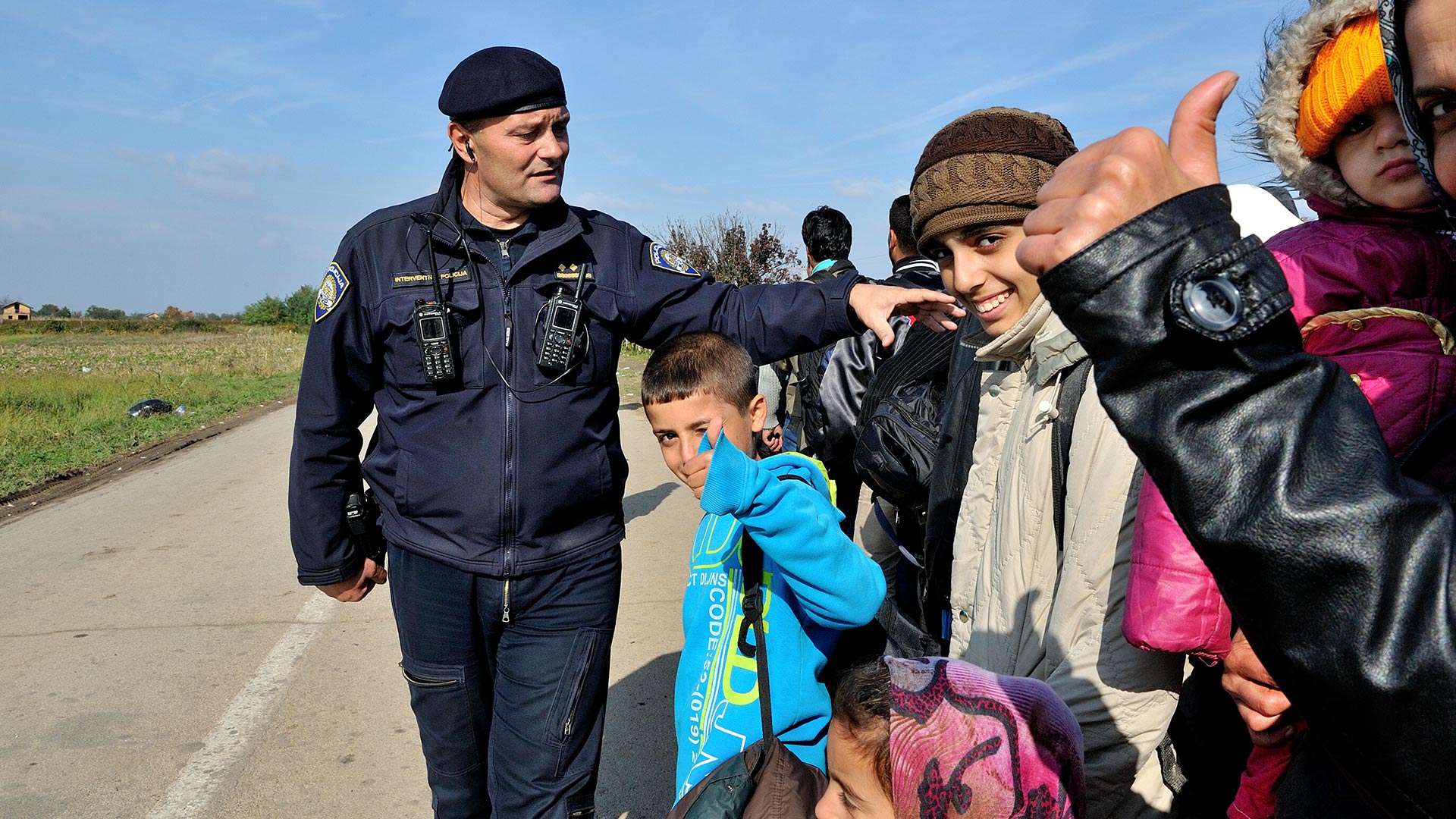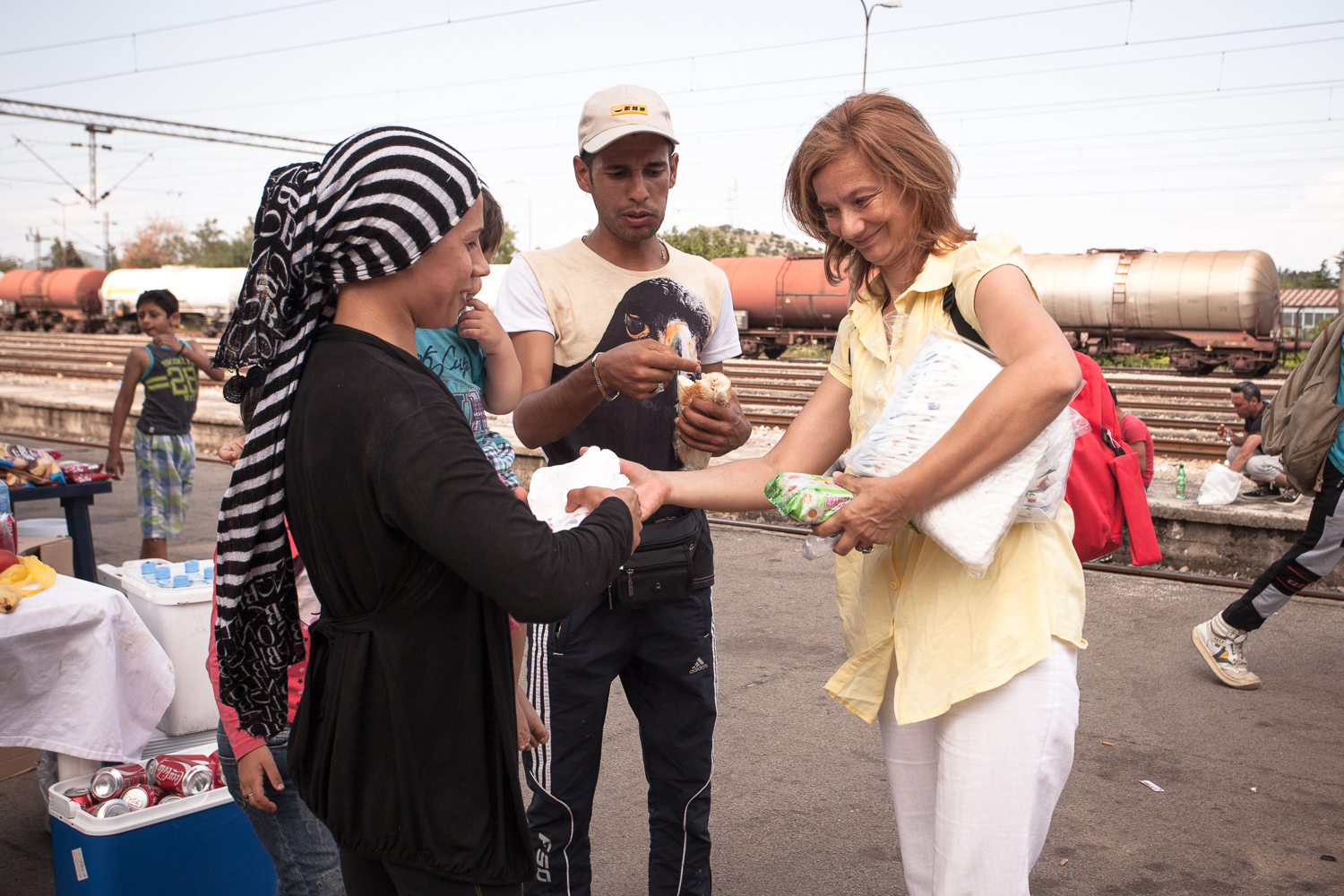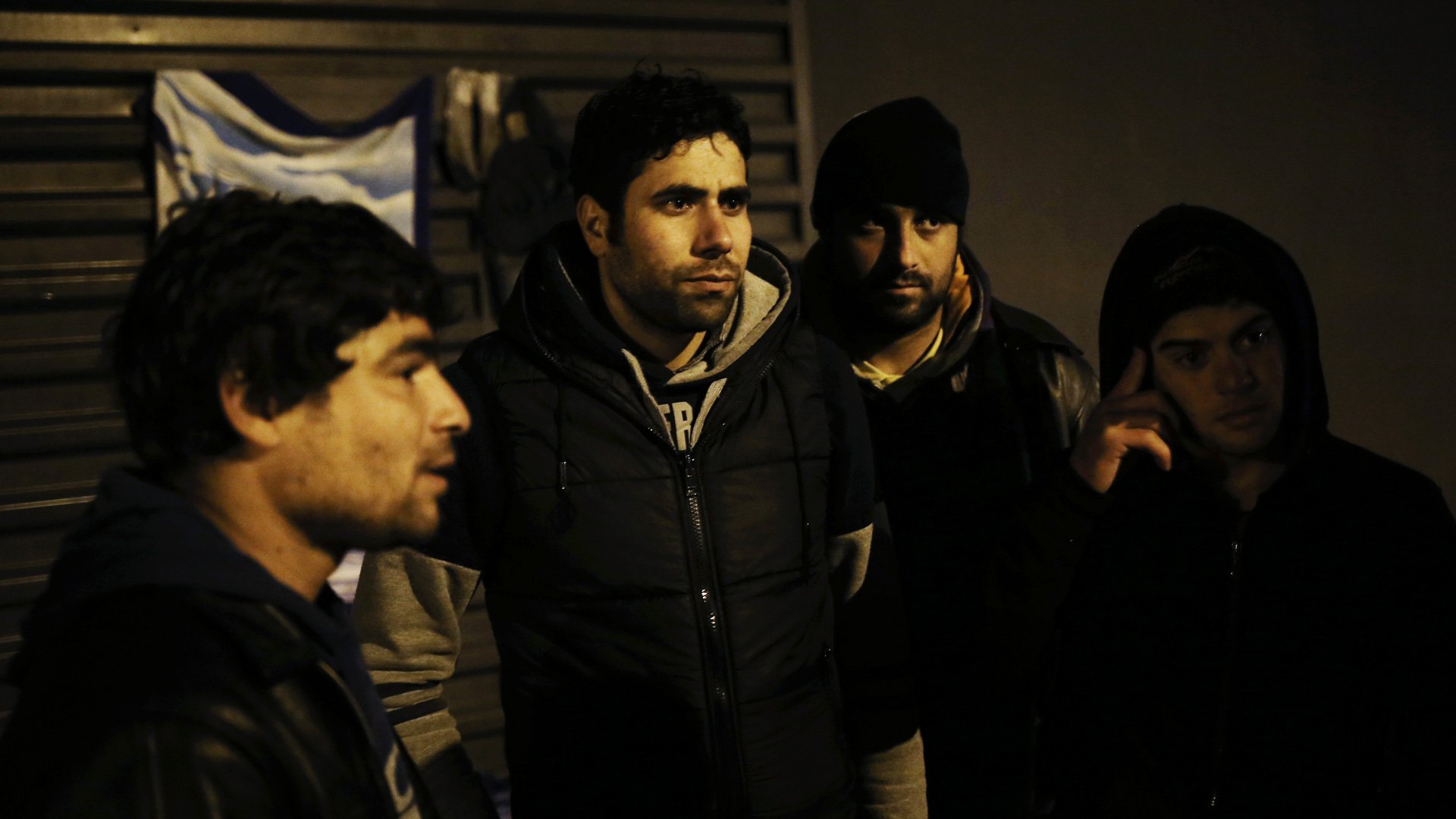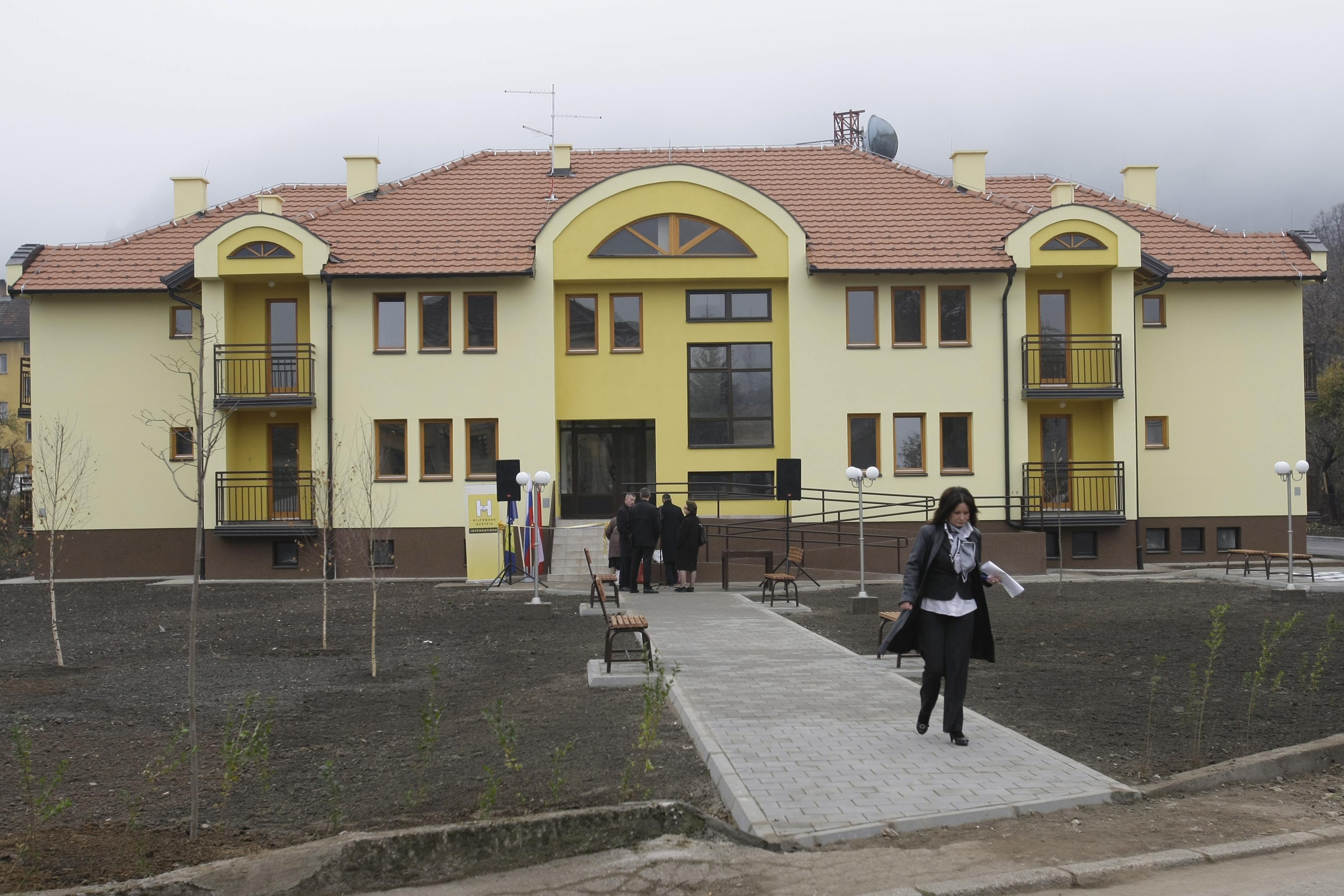UNHCR steps up presence in troubled zones in the former Yugoslav Republic of Macedonia
UNHCR steps up presence in troubled zones in the former Yugoslav Republic of Macedonia
SKOPJE - The United Nations High Commissioner for Refugees has stepped up its presence in troubled areas in the former Yugoslav Republic of Macedonia where large numbers of displaced people have returned.
Mobile teams have been dispatched almost daily to Aracinovo, the scene of heavy fighting in June, and Kumanovo since a peace agreement was signed 13 August to end the six-month conflict. Over 125,000 people still remain displaced.
Eric Morris, UNHCR's special envoy in the Balkans, said in a statement on Tuesday he hopes last week's accord "will ensure peace and justice for all communities and allow the displaced to return home."
"Implementation of all confidence building measures will be necessary to create the conditions for a safe and sustainable return of displaced of all communities who have fled armed conflict and an atmosphere of increasing political and ethnic polarization.
"Movement on return is in itself a critical measure for building confidence in the transition from war to peace, from polarization to reconciliation. The longer that the displaced feel it unsafe to return to their homes, the more likely the seeds of fear, mistrust and polarization will bear their bitter fruit."
Over the last two months, some 27,000 refugees have returned from Kosovo. Up to 8,000 returnees has been reported in Aracinovo, but few Macedonians have gone back there. On Monday, UNHCR staff visited collective centres for displaced Macedonians and Serbs in Kumanovo, who said they were willing to return to their homes in the largely Albanian town of Tetovo if their security can be assured. But mortar exchanges since the weekend had prompted several non-Albanian families to flee Tetovo.
"We must address the legitimate fears and security concerns of the displaced, particularly the ethnic Macedonians, who fled from areas where they were in a minority. Creating the necessary conditions for their safe and sustainable return is crucial for a successful implementation of the peace agreement," Morris said.
"There is perhaps not much that can be done in the short run to overcome deeply felt enmity but a lot can be done - and must be done - to address the well-founded fear of victims from both communities, particularly as their fear pertains to their safety and well being."
"Essential to these endeavours for ensuring return and building peace is access of international and national humanitarian agencies to the civilian victims and the displaced," Morris added.







